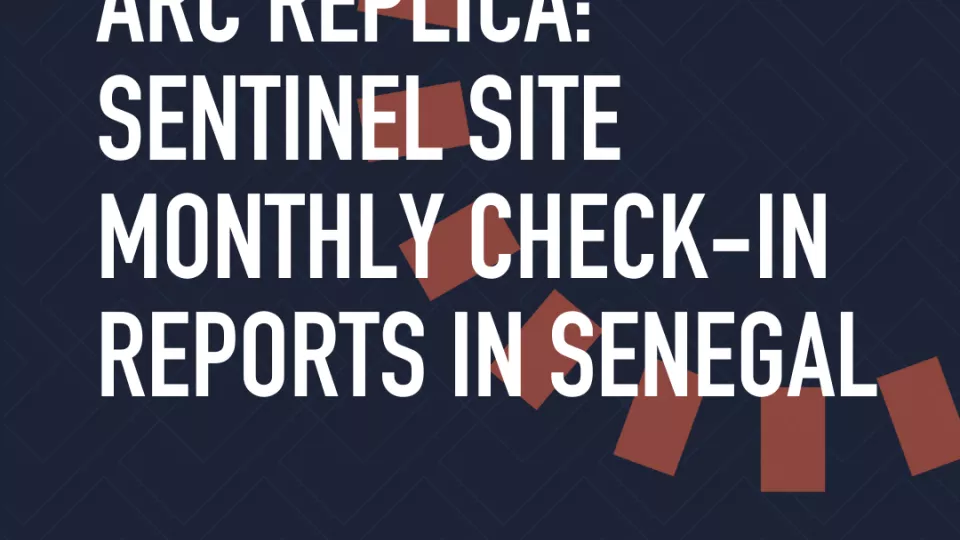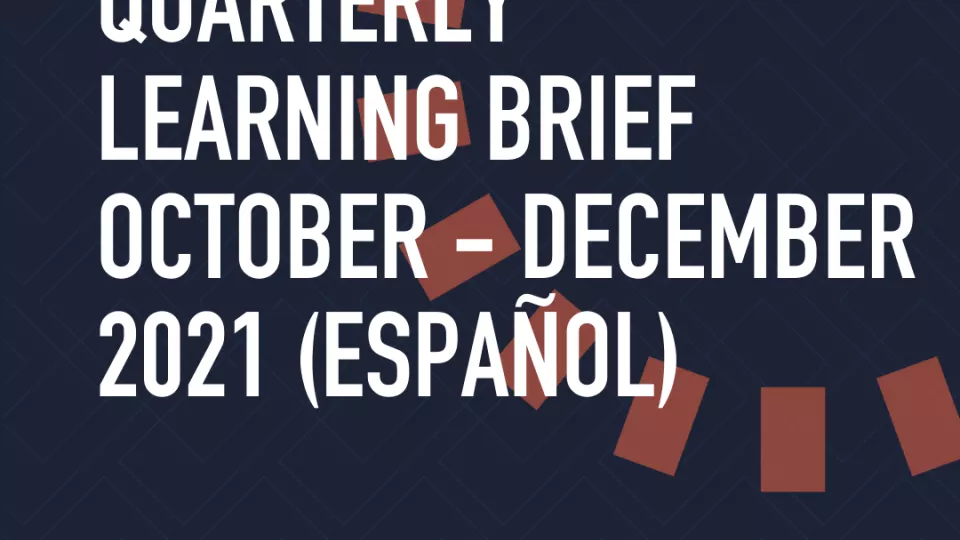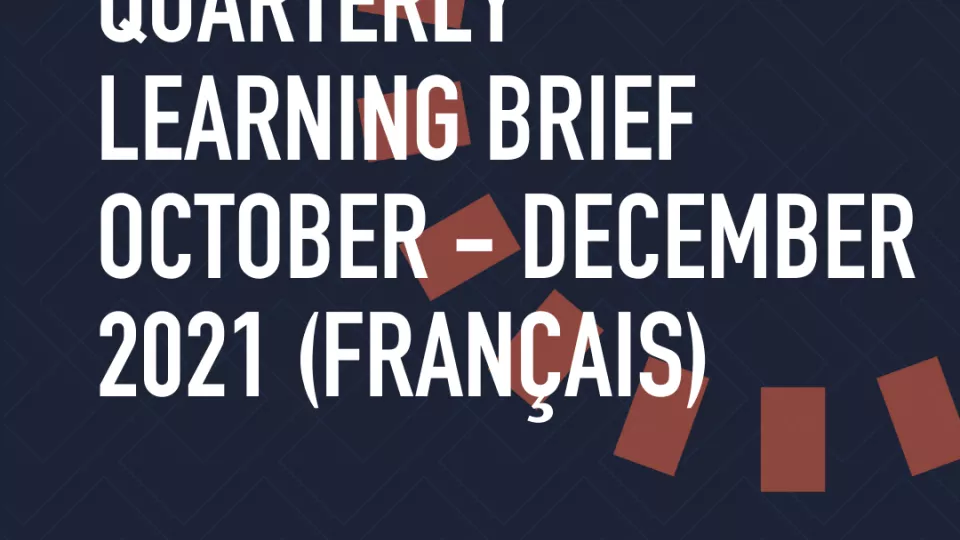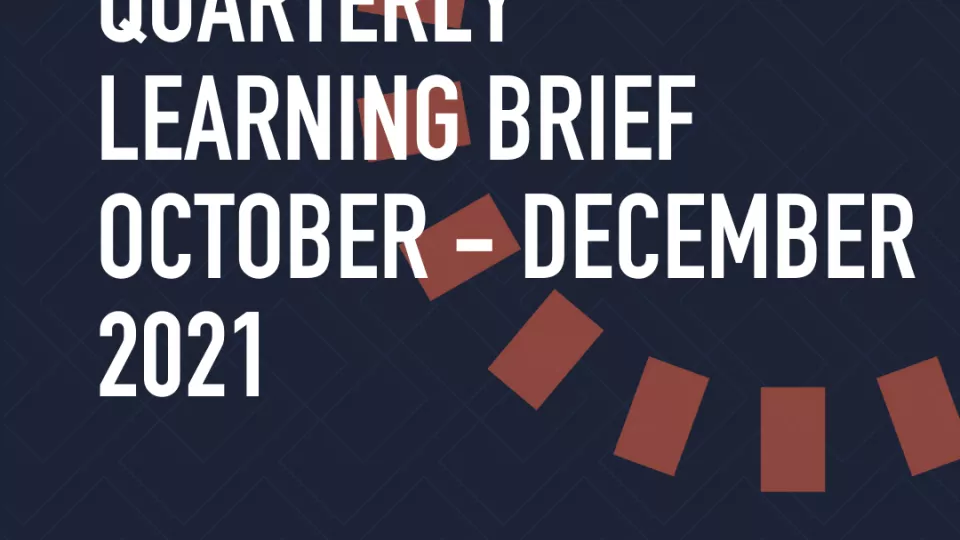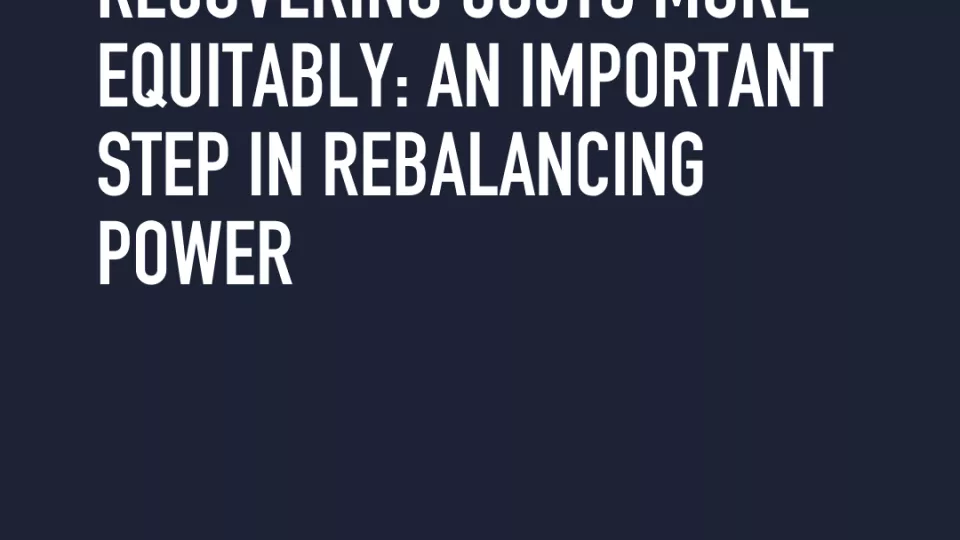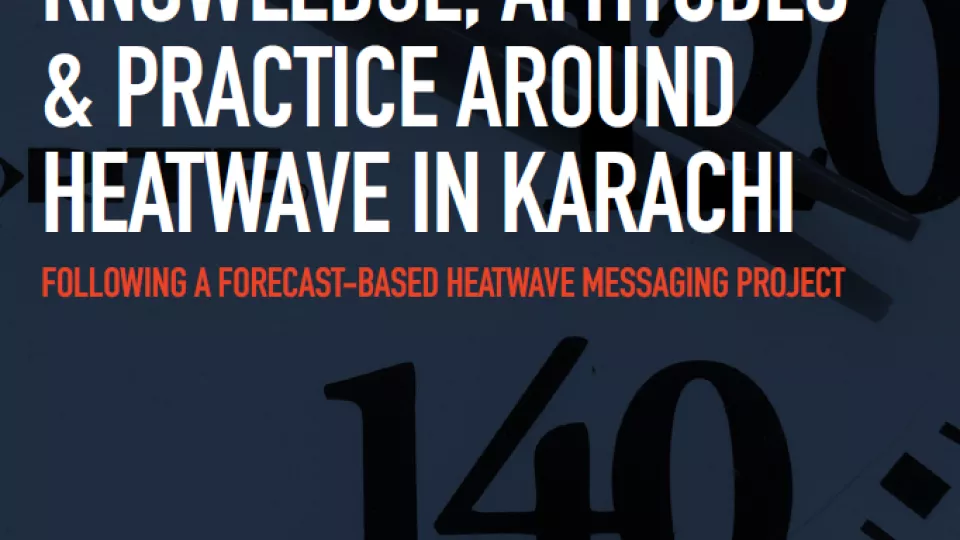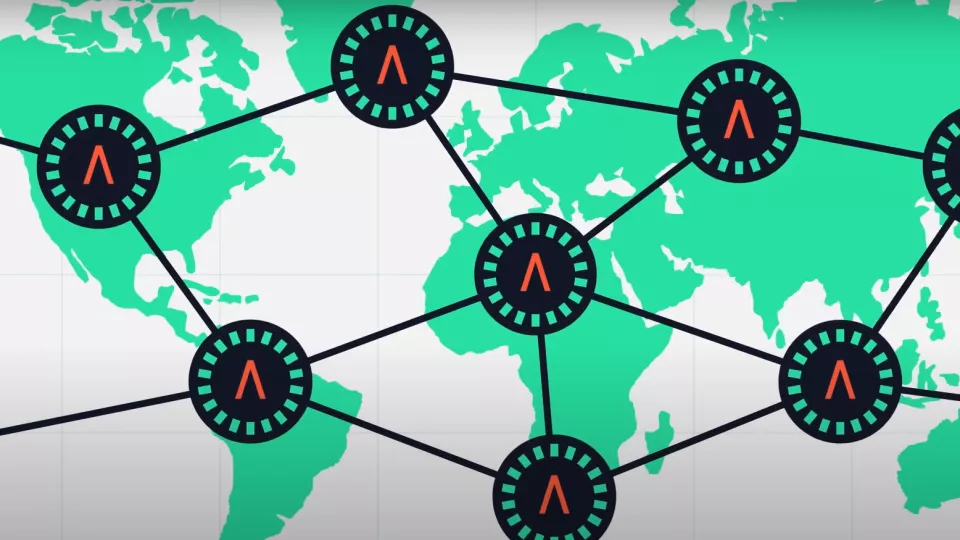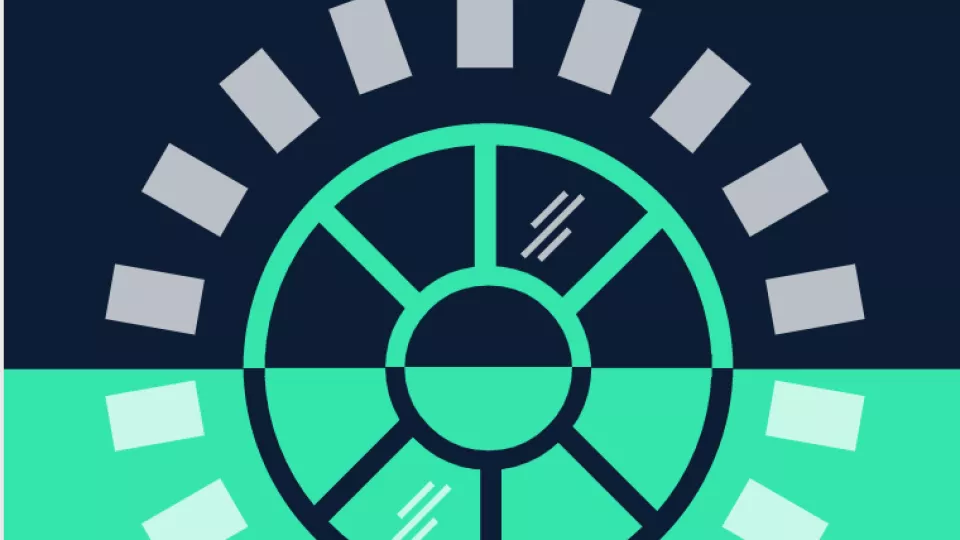
Methodology: Temporal and Spatial Mapping of Community Lives and Livelihoods in Senegal: Replicating the Methodology
This article outlines the method that was used to collect, code and visualise sentinel site data from the ARC Replica drought pay-out in Senegal. It is intended for practitioners and decision makers who are looking to: 1) bring in community member voices to inform early action programme designs and 2) explore new ways of using qualitative data to inform decision making around early action. The methodology outlined can also be replicated by researchers collecting longitudinal data with multiple data points over long periods of time.

